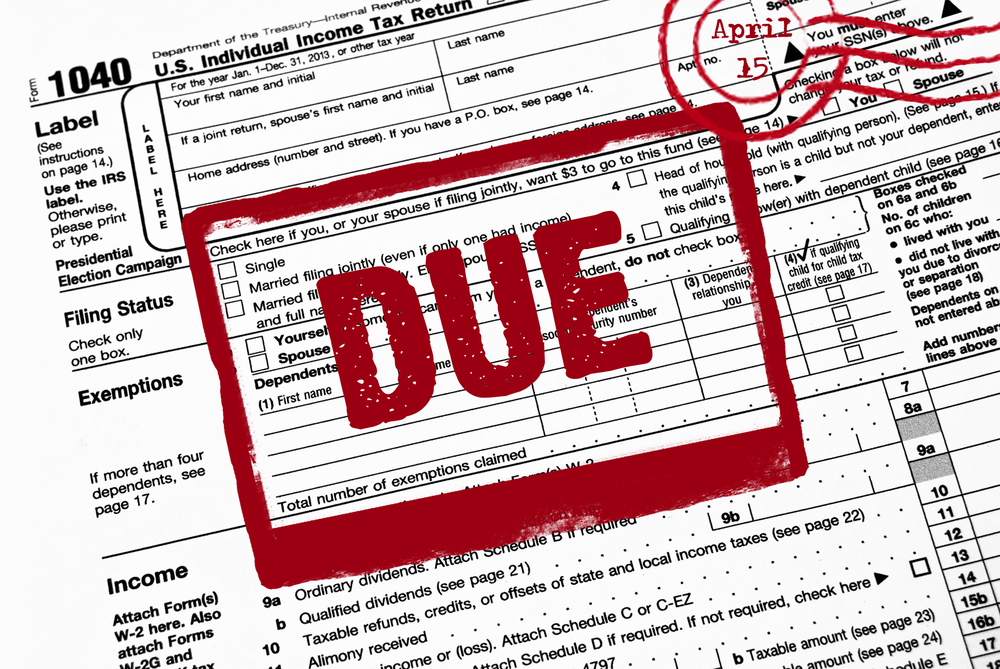Income Tax
For Taxpayers Who Missed the April 15 Deadline, Here’s What To Do
So, what can a taxpayer do if they didn't file in time, but they also don't want to keep their head buried in the sand? For most Americans who are owed a tax refund by the IRS, there's no need to panic. The tax agency doesn't assess penalties when a ...
Apr. 15, 2015

Even though April 15 is over, many Americans may still be haunted by the IRS deadline to file taxes or request an extension: Those who missed the filing deadline.
So, what can a taxpayer do if they didn’t file in time, but they also don’t want to keep their head buried in the sand?
For most Americans who are owed a tax refund by the IRS, there’s no need to panic. The tax agency doesn’t assess penalties when a taxpayer is owed a refund, since it is based on a percentage of the amount owed.
Another bit of good news: A taxpayer won’t necessarily lose their potential refund since they actually have until April 15, 2018 to claim back tax refunds for the 2014 tax year. And this can even be extended to October 15, 2018. For those who haven’t filed for more than one year, however, the IRS may hold a refund if it appears the taxpayer may owe taxes from a previous year.
For taxpayers who do owe Uncle Sam taxes this year and didn’t file or get an extension before April 15, the best advice is to file your federal 1040 and state returns as soon as possible, even if unable to pay the tax bill right away. This is because the late-filing penalty can be up to 10 times higher than the late-payment penalty. So the longer you wait, the worse it gets.
The Penalties for Filing Late
- There is no penalty if you’re getting a refund, provided you file within the allotted 3-year time-frame.
- After 3 years, the “penalty” is forfeiture of your tax refund, as mentioned above.
- There is no penalty if you filed an extension and paid any additional taxes owed by April 15, as long as you file your return by the October 15 deadline.
- A late filing penalty applies if you owe taxes and didn’t file your return or extension by April 15.
- This penalty also applies if you owe taxes, filed an extension, but didn’t file your return by October 15.
- The late filing penalty is 5% of the additional taxes owed amount for every month (or fraction thereof) your return is late, up to a maximum of 25%.
- Tip: The late filing penalty is 10 times higher than the late payment penalty. If you can’t pay your tax bill and didn’t file an extension, at least file your return as soon as possible! You can always amend it later.
- A late payment penalty applies if you didn’t pay additional taxes owed by April 15, whether you filed an extension or not.
- The late payment penalty is 0.5% (1/2 of 1 percent) of the additional tax owed amount for every month (or fraction thereof) the owed tax remains unpaid, up to a maximum of 25%.
The Risks of Not Filing at All
Taxpayers who fail to file will likely receive a letter from the IRS reminding them of the missing return, especially if they are a wage earner who receives a Form W-2 or a contractor who receives Form 1099, because these are reported to the IRS by employers and businesses.
Special Situations
U.S. citizens and resident aliens who are out of the country on the April filing deadline are automatically given two extra months (June 16, 2014) to file a return and pay any taxes due without incurring the late-filing or late-payment penalty.
